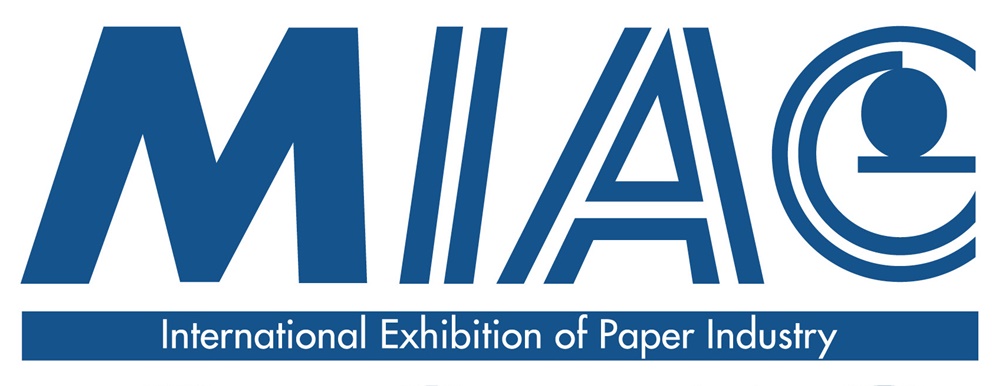NEWS
Airinotec is once again able to verify its competence as a retrofit specialist
As “one of the leading suppliers of fibre-based materials”, Ahlstrom-Munksjö always relies on a smooth production process. For a retrofit project, in which an existing paper machine had to be modernised, Ahlstrom-Munksjö decided to utilise the services provided by the retrofit specialists from airinotec - with excellent results: Energy consumption and noise emissions were lowered and production conditions could be improved.
According to them, Ahlstrom-Munksjö is the world's leading manufacturer of fibre-based materials, which are manufactured at its 45 production locations. Ahlstrom-Munksjö produces around 76,000 tons of decorative paper for the furniture and laminate flooring industries annually on two paper machines at its Aalen-Unterkochen location in Germany.
Last year, Ahlstrom-Munksjö decided to have the dryer hood on the PM3 paper machine overhauled. The decision-makers at the company quickly found a perfect partner for the retrofit project with airinotec. The goal which was set for the project, i.e. retaining production downtimes as low as possible, meant that an experienced specialist in the field of retrofitting was required. Airinotec is a system provider with a high level of engineering competence - after all, the Bayreuth-based company is one of the few specialists in the field for complex retrofit projects. It was therefore a natural process to select the experts from Bavaria.
The project target: higher energy efficiency, improved production conditions
The object involved in the retrofitting project was the PM3 paper machine with a production capacity of 8 tons/hour with a working width of 3 m. Ahlstrom-Munksjö hereby specified a number of objectives: Energy should be saved and the climatic production conditions in the hall should be improved - as well as the noise protection against noise emissions to the outside. Furthermore, there was a request for setting up a new automation and measurement data acquisition and recording system, and a dew point regulating system was to be implemented for the pre-drying and post-drying sections in order to record the interchanging production conditions.
Well thought-out planning ensures reliable implementation during downtime
The advance planning involved for such a project is imperative in order to keep the impact on production as low as possible. “We already new that we would be provided with a window of one week, in which we had to shut down the paper machine”, says Kevin Mey, Sales Engineer responsible for the paper industry at airinotec. “Planning is the be-all and end-all in order to ensure that everything can be completed within this period. One cannot afford to make mistakes in this area.” The staff at airinotec hereby benefit from their many years of experience in complex projects: Measuring the machine dimensions, the process planning, calculating the new components - all the necessary process steps were implemented very carefully. “It was certainly a demanding project. The pre-assembly work was subsequently executed during ongoing production.” The shutdown assembly work followed at the turn of the year 2018/2019. The scope of supply included, among other items, an air-to-air heat recovery system, a revolution speed-controlled exhaust fan, the renewal of the hood panels for the paper machine and a silencer with pull-out louvres for cleaning work. The process air supply system remained in place throughout the project and was subsequently coupled up to the new heat recovery system. A Siemens PLC with touch panel was implemented for the automation process. The desired dew point regulating for PDS and ADS was implemented using sensors and actuators, which in turn are equipped with automatic cleaning modules. Production started again on schedule after the conversion and commissioning were completed.
The result: an optimised paper machine
Ahlstrom-Munksjö's expectations for the project have been fulfilled throughout. The customer was particularly impressed by the precise planning: Disruption for work processes was kept to a minimum by adhering to the schedule. Retrofitting during ongoing operation also provides additional advantages. Steam is no longer required for heating up the process ventilation, which has therefore significantly reduced the energy costs. Moreover, the quality of the working environment has been improved: The significantly reduced introduction of moist, hot air into the PM hall subsequently improved the climatic conditions in the hall and created the foundations for additional optimisation. Lower noise emissions to the outside improve the noise protection situation for the production location.








